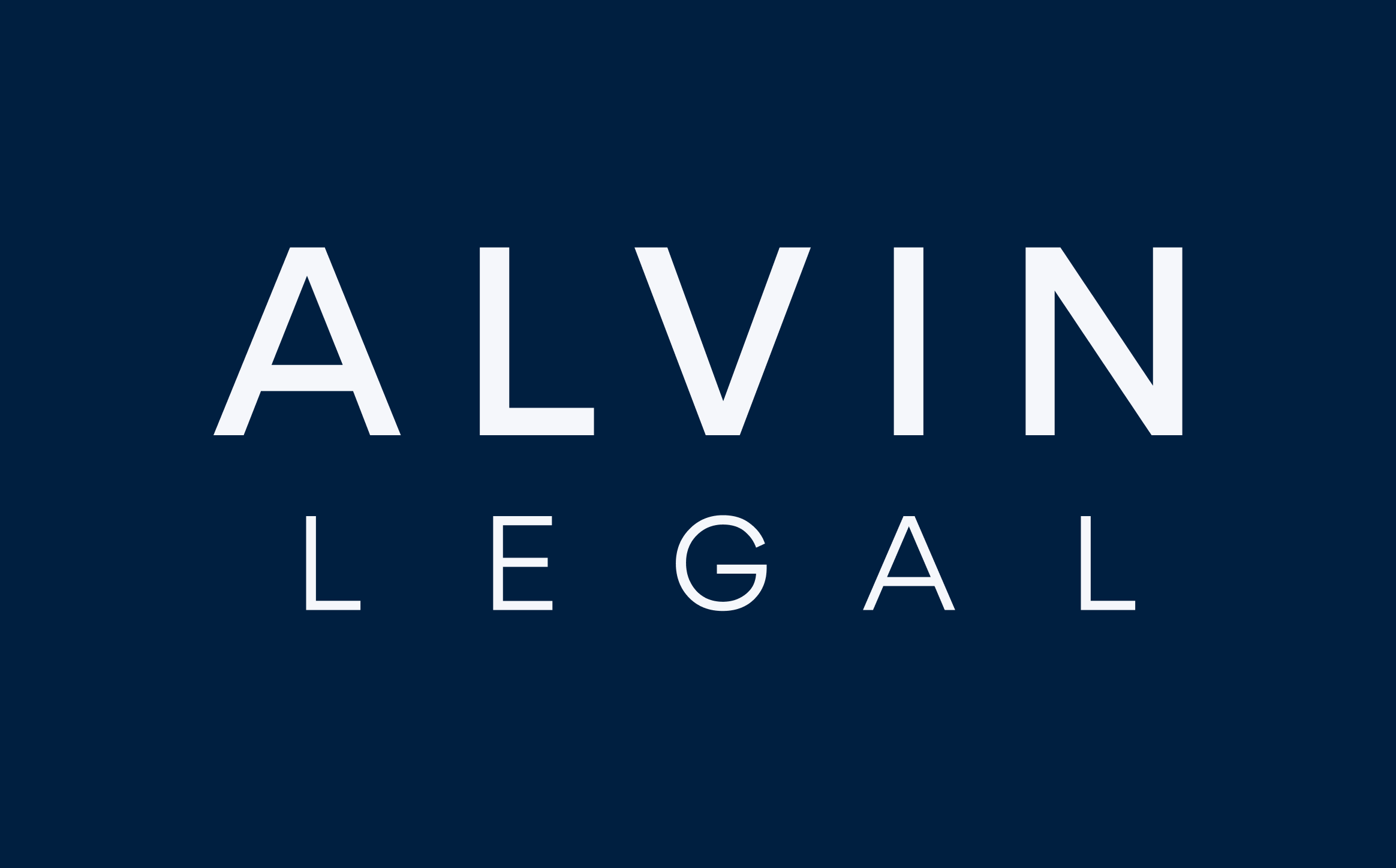Small Business Vs Startup – Overview
Knowing the difference between a small business and a start-up is crucial in creating an effective business plan. The two terms are often confused, yet they refer to two very different things. Essentially, a start-up is a company designed to create a scalable business model, while a small business is a small group with less annual profit but more longevity as a company. Let’s dive into the differences between the two business models in more detail, to help you decide which business model is best for your business.
What is a start-up?
A start-up is a newly founded business designed to grow rapidly. Many technology companies begin as start-ups, but start-ups are not limited to that industry. If you get that initial growth, everything starts falling into place, but this is a challenging feat. According to the Harvard Business School, the failure rate for start-ups averages between 70 and 80%.
It is exceptionally challenging to do well in a start-up, but if you do, then the payoff can be much larger. Paul Graham’s frequently referenced article on the topic states that “if you can hit 10% a week you’re doing exceptionally well. If you can only manage 1%, it’s a sign you haven’t yet figured out what you’re doing”.
Start-ups are high risk, high reward businesses, usually existing for shorter periods and designed to be sold to a larger competitor or listed on a stock exchange.
What is a small business?
Small businesses tend to be sole or partnerships proprietorships, operating on a smaller scale. The Australian Bureau of Statistics (ABS) defines a small business as a business employing fewer than 20 people. However, for the purpose of most small business tax concessions, Australian tax legislation defines a small business as a sole trader, partnership, company or trust that has less than $10 million in aggregated turnover. While these two definitions can overlap, with some companies earning more than $10 million with less than ten employees, they offer a good indication of the size and profits in small businesses.
Compared to start-ups, small businesses have a much lower risk rate, with only 20 percent of small businesses failing in their first year.
While less risky, the growth rate is much slower for small businesses and they have a natural peak point where they expand as far as they can. This logical endpoint for a company’s growth leads to less innovation. According to the Australian Small Business and Family Enterprise Ombudsman, 60 percent of small businesses engaged in innovation in 2013 – 14 compared to the 80 percent seen in larger companies.
1/The risk factor
A significant point of difference between a small business and a start-up is the risk factor. Start-ups offer (potentially) higher profits in exchange for higher risk, while small businesses offer more stable (but lower) profits, at lower risk. However, both start-ups and small businesses involve risks for distinct reasons. Start-ups tend to fail when they funnel their time and money into a flawed business model that customers do not respond to, while small businesses tend to struggle with cash flow management.
2/Money, money, money
A significant distinction between the two business models is how the founders fund them. Small businesses tend to be self-funded or financed from bank loans, friends, or family. As a small business aims to create sustainable income over time, a loan is less risk-filled as it can be paid back in regular and affordable installments.
In contrast, start-ups usually seek money from investors. These can be venture capitalists, or angel investors (affluent individuals who offers capital generally in exchange for ownership equity). How start-ups find funding and investment can, therefore, affect the founder’s ownership of their company.
Further, seeking investment from investors puts pressure on the company to rapidly grow, as early stage investors expect a minimum 10x return on their investment in a short timeframe, as compensation for the risk they have taken.
Which is best for me?
Now you understand the difference between start-ups and small businesses, you need to choose which is best for you.
Mara Zepeda used “zebras” and “unicorns” as metaphors for small businesses and start-ups, respectively. Critiquing start-ups, she states that “unlike unicorns, zebras are real” because small businesses “are profitable and improve society. They won’t sacrifice one for the other”. However, when those “unicorns” succeed, they can become corporate giants. Many consider businesses like Google and Facebook to be start-ups that have now become large companies, but their success is in their continued innovation that stems from their start-up origins.
Knowing whether your business model fits into the start-up or small business category can help you plan ahead of time and seek investments from the best sources. For example, small businesses should seek legal counsel on areas focused on risk minimisation and asset protection, such as business structuring, employment contracts and customer contracts. Start-ups should find advice on things like capital raising, employee share schemes and intellectual property, which focus on rapid growth.
Regardless of your choice, registering your company, getting your Australian Business Number (ABN) and obtaining adequate insurance should all be priorities.

